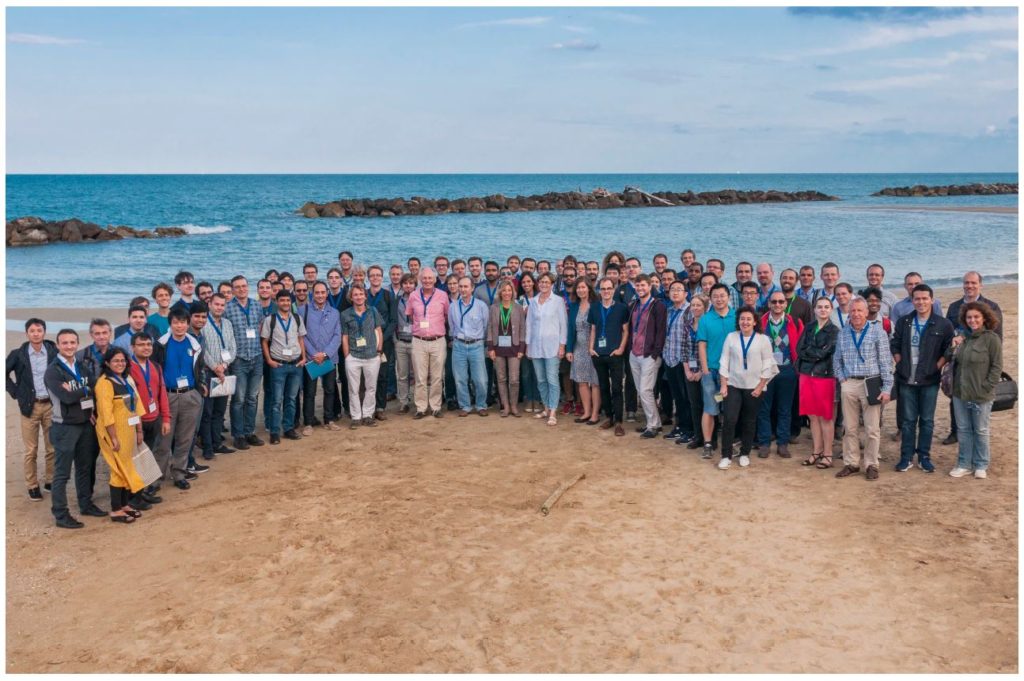Organizers: J. K. Dewhurst, E. K. U. Gross, and S. Sharma
1. SUMMARY
The Psi-k funded Elk-code tutorial took place at the Max Planck Institute of Microstructure Physics (MPI-Halle) in Halle, Germany, from September 3 – 7, 2018. There were a total of 14 speakers and tutors of the code and 45 students from 16 countries. We were oversubscribed and ,unfortunately, had to turn down several applicants (we received in total 61 requests for attending the Elk-tutorials).
The Elk LAPW code (http://elk.sourceforge.net/) is an electronic structure code based on the state-of-the-art full-potential linearized augmented plane-wave (LAPW) method. It was designed from the start to be a user- and developer-friendly code, allowing PhD students and post-docs to both use the code for their research as well as implement new ideas in the field of electronic structure.
The present Elk-tutorial was fourth in the series of tutorials. The previous tutorials were held in 2011, 2013 and 2015. The aims of the tutorials have been introduction to the ELK code as well as the cutting edge science and implementations in the field of electronic structure methods.
Continue reading Final report on psi-k funded Elk workshop
